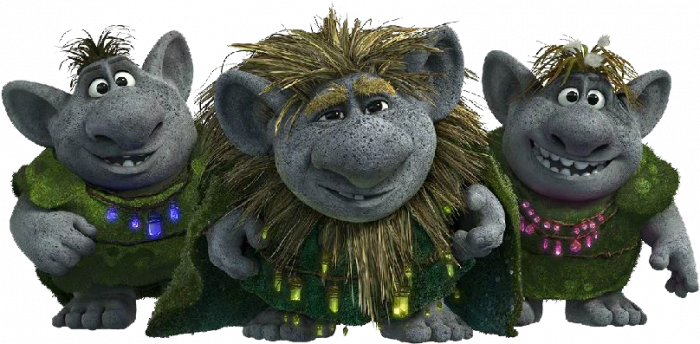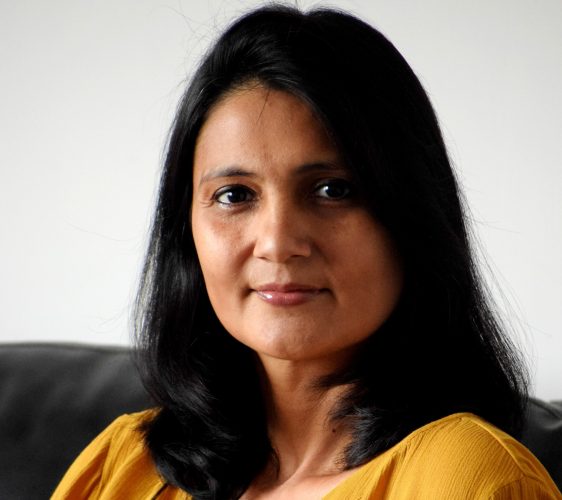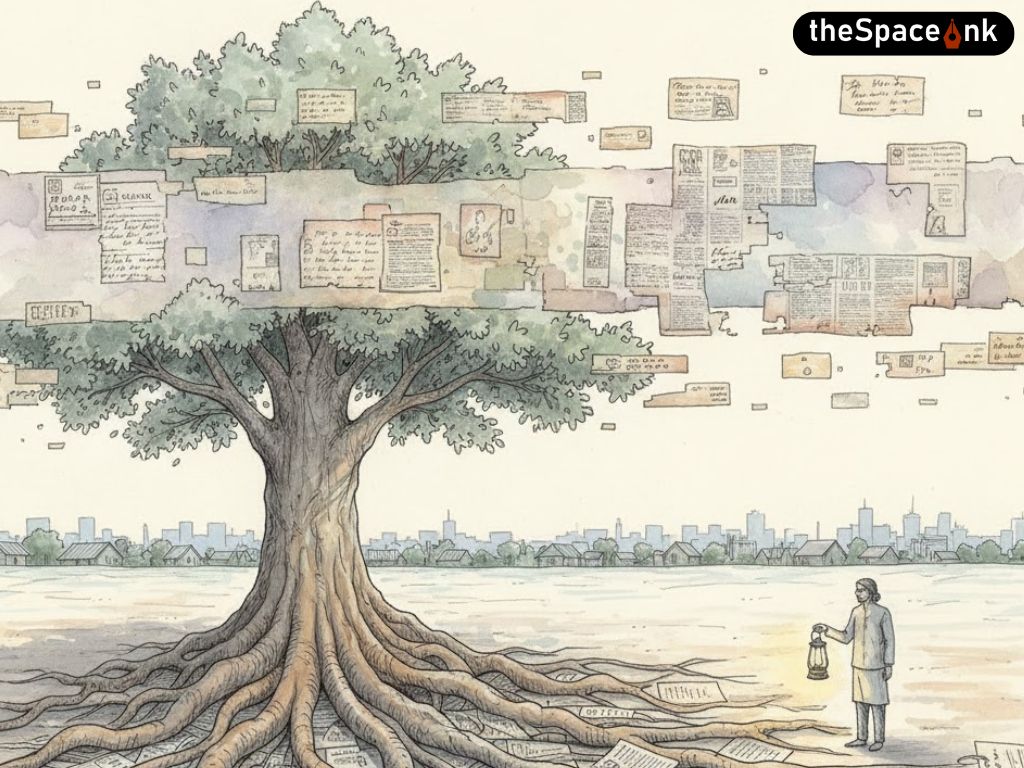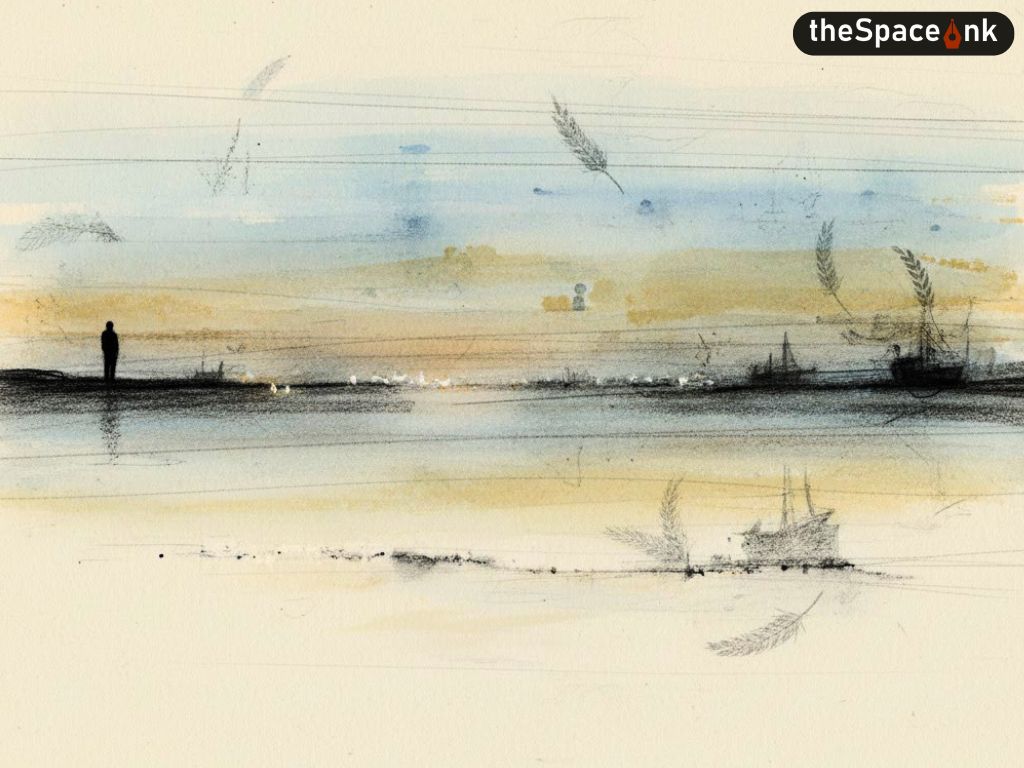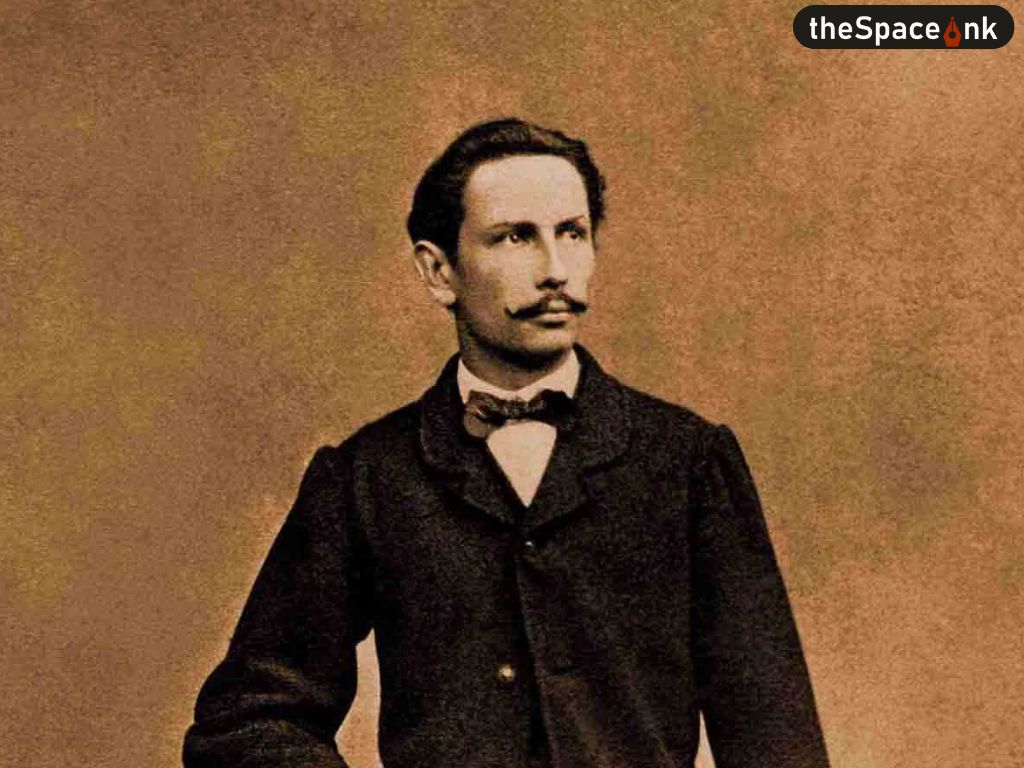Given the current pandemic and the restrain on public meetings, social media platforms might appear to be the safest and best alternative for an individual to virtually socialize, network, share ideas and grow both personally and professionally. The beauty of social media is also that it offers a unique space where a user may interact with anyone, anywhere in the world, including their favourite celebrities that under normal circumstances and in the real world scenario, would have been unimaginable and beyond access. Since such platforms allow an open channel to users who are able to respond to the media content of public figures, it’s a temptation many are unable to resist, but few know how to navigate.
At the outset this seemed so unreal and utopian, it was almost like a fairytale. But like in every fairytale, when a wish is taken for granted, or misused, it leads to its revocation, what was meant to foster a rich exchange between users with constructive comments and civil discourse, in turn has become a hotbed of trolls who antagonise people online with their offensive and provocative responses. And if things don’t abate soon, in time this fairy tale is heading for a tragic end.
Although social media trolling has become commonplace, and many have come to accept it as ‘part of the job’, and have grown a thick skin, this kind of harassment needs to stop. Trolls must be made accountable for their behaviour, because from the cancel culture where a public figure faces backlash for what they do or say, and the call to boycott them with an intention to end their career, harass and humiliate them, to the worst kind of threats and mud-slinging – public outrage online is no less than mob rule. And from the evidence at hand, trolls sometimes find their mark. With those at the receiving end not always escaping unscathed.
The most recent celebrities to be trolled on social media have been Mandira Bedi and Aamir Khan. Both found themselves at the receiving end of inflammatory and digressive messages for choices that were very personal and shouldn’t have warranted a public response for their extremely private nature. From objecting to her attire, to questioning her for breaking Hindu traditions, Mandira was trolled in what must have been one of the most difficult moments of her life. While Aamir was ridiculed for glorifying divorce and mocking the sanctity of marriage.
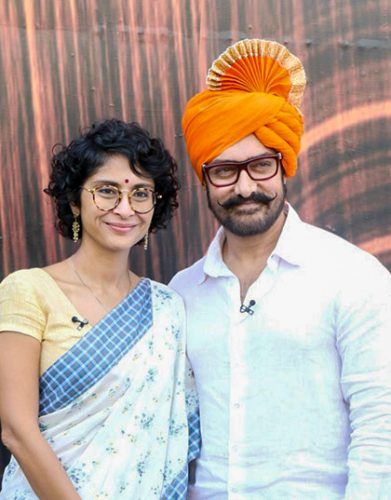
On the surface a troll’s behaviour can remind you of a nosy neighbour interfering in your private affairs. But being dismissive of their unsolicited advice as harmless chatter, since most neighbours have your best interests at heart, or at least they imagine so, might not be as effective a response to trolls whose malicious messages have only one intention, to cause you maximum harm. And while trolls choose to dehumanize their victim, no human can remain infinitely immune to their constant, vicious attack.
But unfortunately the confidentiality one enjoys on the internet which researchers term as ‘disinhibition effect,’ that stems from factors like online anonymity, lack of eye contact and invisibility, is what allows trolls to separate themselves from their actions and escape their ramifications. This has certainly perpetuated irresponsible behaviour since invisibility gives them the feeling they can do anything and get away with it. So much so that if you happen to glance through the hurtful and toxic messages from trolls in the comments section of any online social media platform, you’d probably not imagine it possible in real life, for only a rogue would steamroll anyone in the real world for something as trivial as their personal choice in life or as mundane as expressing an opinion. But from the numerous studies by researchers that have surfaced on troll behaviour, which appears to be a kind of psychological disorder, it doesn’t seem as unlikely after all if one happened to come face-to-face with a troll.
British linguist, Claire Hardaker’s analysis and study of hate speech of social media posts revealed that the behaviour of a toll was similar to antisocial behaviour which included aspects like aggression, disruption and deception. A characteristic of human behaviour called the ‘Dark Triad’ trait, which in psychology refers to personality traits that comprise three antisocial behaviours, namely, psychopathy, narcissism and Machiavellianism were found to dominate the personalities of trolls. Further studies published on Science Direct that have attempted to identify the personality of vicious trolls, have thrown up some distressing predictors and shown that a sadist male who enjoys hurting others’ feelings, loves seeing people in distress and shows complete disregard for the emotions of others, is highly likely to initiate trolling.
Since it isn’t only the lives of famous personality who are subject of close troll scrutiny, anyone who has an online presence in some capacity or the other, and a strong voice, can be their next target. While these aspects can make your mind reel helplessly, understanding why certain people display such levels of incongruity and the pleasure they seek from trolling, instead can assists in the ways an individual handles trolls.
Trolls are callous, lack empathy and delight in others’ distress, and they feed off these, so showing you’re upset will only reinforce their malevolent behaviour. The best way to cull their enthusiasm is to deny them this pleasure and strip them of their power by your indifference. Knowing that it is futile to reason or be rational with them , for their objective is to cause harm, ignoring them has been found to be the most suitable course of action, besides reporting them.
And from my personal experience one thing is sure, what trolls say, no matter how outrageous, their words are powerless, unless you let them stick. Like Winston Churchill once said, “You will never reach your destination if you stop and throw stones at every dog that barks.”
The opinions expressed in this publication are those of the author. They do not purport to reflect the opinions or views of thespace.ink or its staff.
Images courtesy: Wikimedia Commons and Pinterest
Lesley D. Biswas is a freelance writer and children’s author based in Kolkata. Her interests include nature, bird photography and cricket.


